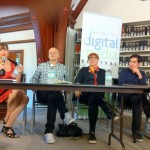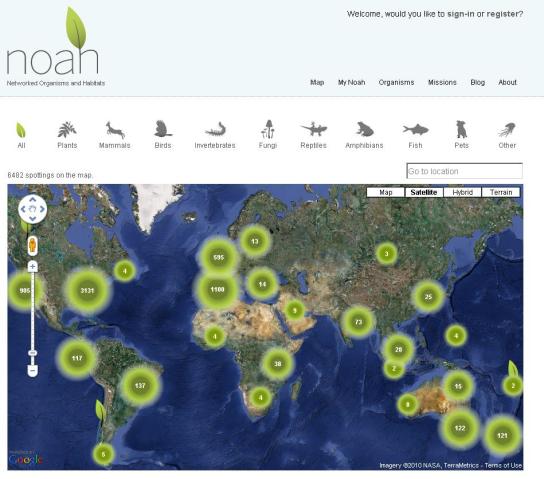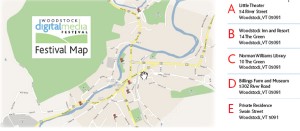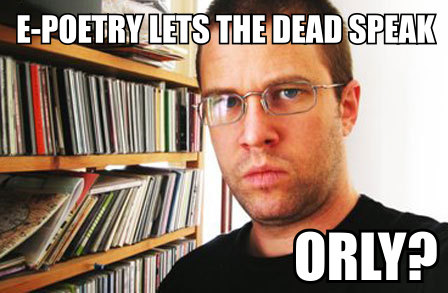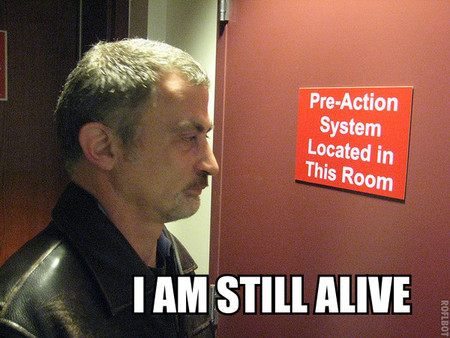Conferencing on Code and Games
First, as of this writing: I’m at the GAMBIT Summer Summit here at MIT, which runs today and is being streamed live. Do check it out if video game research interests you.
A few days ago, I was at the Foundations of Digital Games conference in Bordeaux. On July 1 I presented the first conference paper on Curveship since the system has been released as free software. The paper is “Curveship’s Automatic Narrative Style,” which sums up or at least mentions many of the research results while documenting the practicalities of the system and using the current terminology of the release version.

